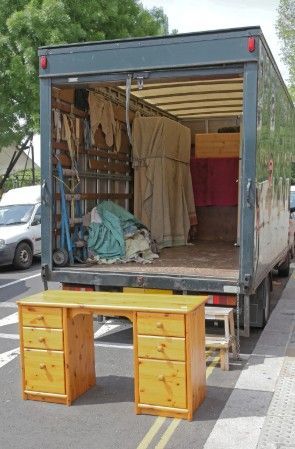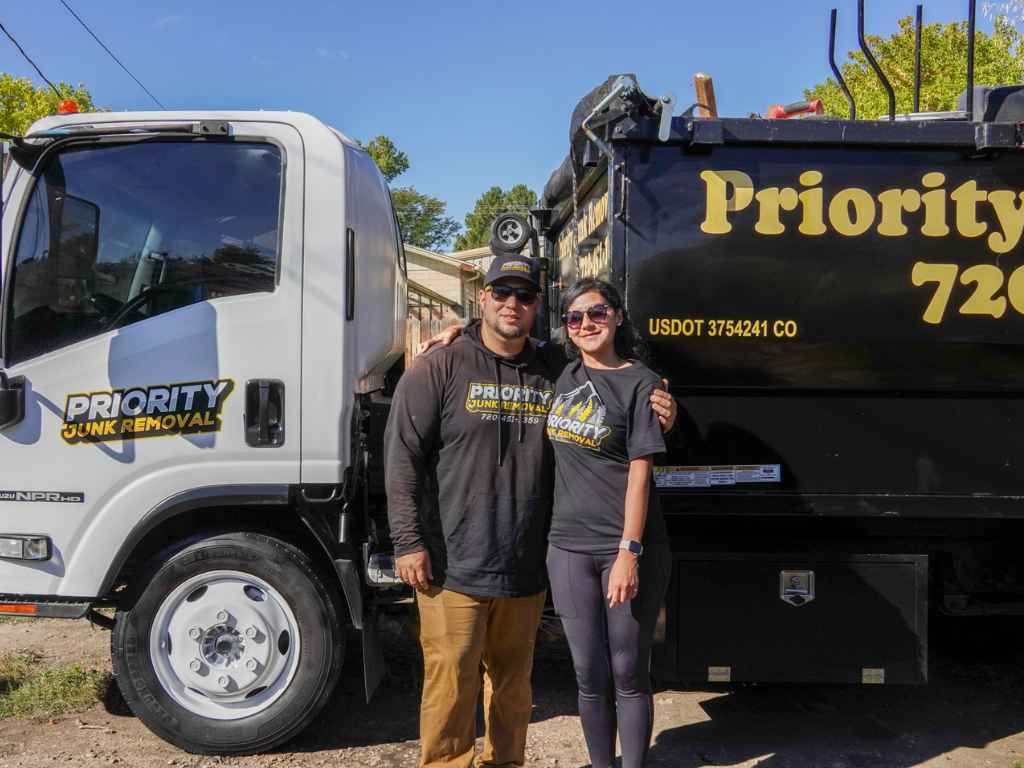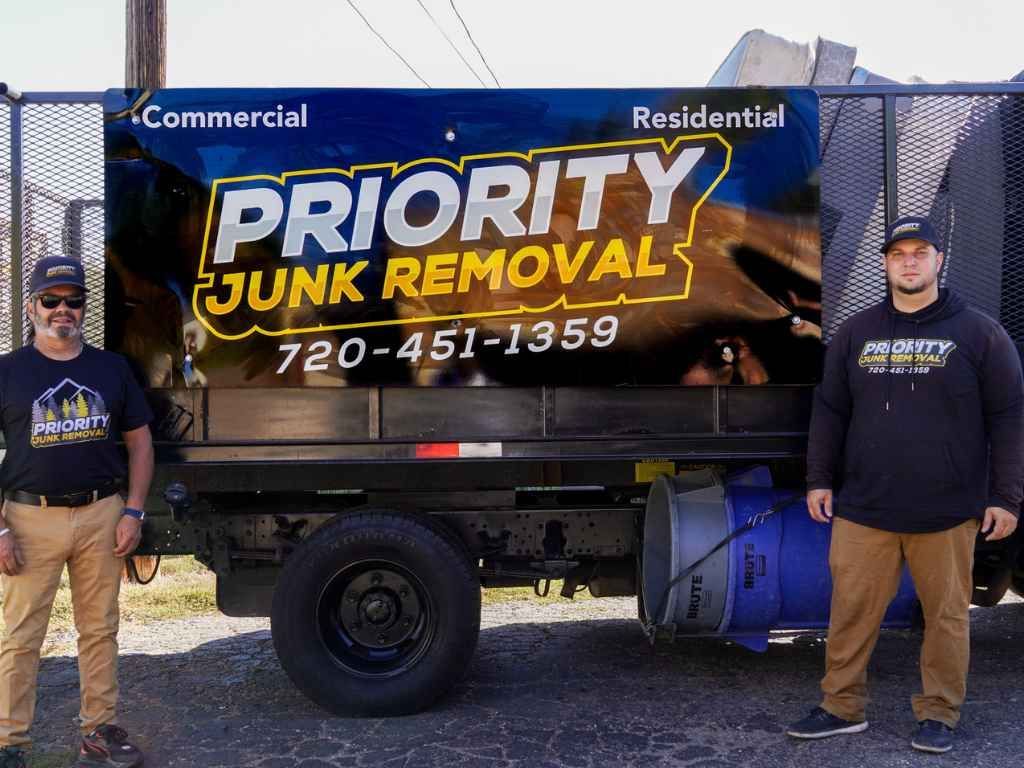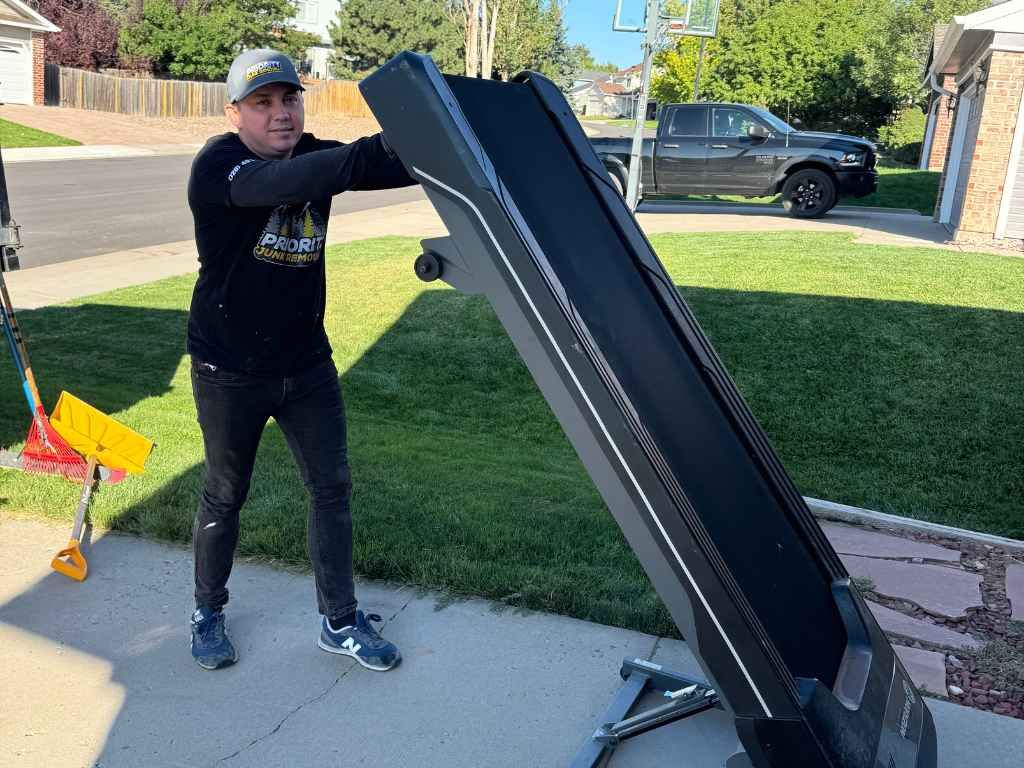How to Start Decluttering When You Feel Stuck
Decluttering isn’t always about trash bags and storage bins. Sometimes, it’s about shaking off the emotional fog that settles in when stuff becomes more than stuff. If the clutter whispers doubts and guilt into your ear, it’s no surprise you feel immobilized. This paralysis can disguise itself as indecision, exhaustion, or guilt, making even the smallest cleanup feel like a mountain.
But here’s a curious truth: motion breeds motivation. A single drawer, one forgotten box, a stack of junk mail—these can be your entry point. When you start where the resistance is lowest, you’ll find momentum lurking in the tiniest victories. Clutter doesn’t fight fair, but you don’t need to clean your whole life in a day. Just tilt the first domino and let inertia take care of the rest.
Making Space for a Clearer Mind Without the Pressure
When everything feels like too much, adding one more task, like decluttering, can tip the scales. But what if the goal wasn’t tidiness? What if it was simply relief? A messy room doesn’t mean you’re failing; it means you’re human. That realization alone can unlock the door that overwhelm has barricaded.
Start not by sorting or purging, but by standing still. Breathe in the chaos without judgment. Look at the piles without naming them failures. Then, find one thing—an old receipt, a cracked mug—and let it go. You’re not cleaning; you’re lightening your load. As you release these anchors, you create space not just in your home, but in your thoughts.
Finding Your Why Before You Begin the How
Staring at clutter without a reason to act is like sitting in a parked car with the engine off—you’re not going anywhere. When you don’t know why you want change, even the idea of starting feels like a trap. You must reach deeper than aesthetics. Ask yourself: what do I want this space to feel like? Safe? Calm? Alive?
That reason becomes your compass. It doesn’t have to be grand. Maybe you’re just tired of tripping over shoes or can’t find your charger when you need it. Whatever the reason, let it anchor you. Write it down. Say it aloud. With that purpose etched in your mind, each tossed item becomes a step toward a life that fits.
When Objects Hold Stories You’re Not Ready to Tell
Clutter isn’t always just physical. Some objects clutch memories, regrets, or past identities we’re not ready to let go of. That box of yearbooks, your child’s baby clothes, a faded postcard from someone who’s no longer around—these things carry echoes. And when you’re stuck, it’s often because you’re tangled in what they represent.
Decluttering in this space isn’t about being heartless. It’s about making peace. Maybe the item stays for now, but maybe it moves from the living room to a labeled box in the closet. You’re allowed to shift, not sever. Emotional clutter requires gentleness. Choose grace over speed. In time, memory can exist without the dust.
Avoiding the Trap of Perfection Before Progress
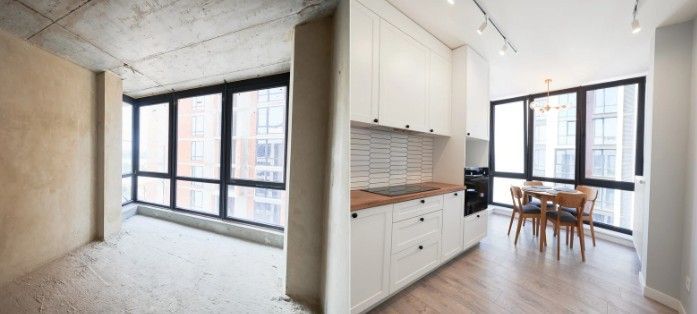
Waiting for the right mood, the right method, or the right weekend to declutter can trap you in a cycle of delay. The fantasy of a flawless cleanup keeps you from the perfectly imperfect start. You might tell yourself you need bins, labels, or a plan before beginning. But the truth? You need to begin before you need anything else.
The perfect system will not arrive on a chariot of clarity. It will emerge through doing. Let your first attempt be messy, haphazard, even a little chaotic. Let it be what it is. Perfection is a mirage. Progress is a trail of crumbs you drop for your future self to follow. Just pick a corner. Pick a moment. Then pick again.
Setting Boundaries With the Stuff That Sneaks Back In
Even after you begin decluttering, a strange thing happens—stuff finds a way to creep back in. That’s because clutter isn’t just the result of accumulation; it’s a symptom of boundaries gone blurry. Maybe you keep something just in case. Maybe someone gives you things you never asked for. Either way, the cycle continues.
Decluttering isn’t only about removal; it’s about redefinition. You get to decide what belongs in your space and what doesn’t. Say no to items that don’t serve a current version of you. When your home reflects your present needs instead of outdated obligations, you breathe easier. Guard that clarity. It’s your sanctuary now.
Embracing the Unfinished as a Sign of Movement
Most decluttering doesn’t end with a ribbon-cutting ceremony. Instead, it ends with dust on your hands and a pile of things you’re still unsure about. The unfinished bits? They’re not failures. They’re signs that you’re moving through it. Getting unstuck is often about accepting the gray area—the sorting piles, the maybe stacks, the unsure decisions.
You are allowed to pause without quitting. You are allowed to have questions without answers. Trust the direction more than the destination. Every unfinished task still carries the energy of action. That matters. You’re not where you started, and that’s enough today.
Turning Help Into a Strategy Not a Surrender
There’s a myth that asking for help means weakness. In truth, it’s often the most strategic move you can make. When you’re knee-deep in clutter and can’t see the floor, calling in reinforcements is not defeat—it’s vision. You’re curating your energy, protecting your bandwidth, and investing in momentum.
Whether it’s a friend, a family member, or a local service, bringing in support can shake loose the emotional cobwebs that keep you stuck. Let someone carry what you can’t today. Let them hold space for your decisions without pressure. In the end, the goal isn’t to go it alone. It’s to go forward.
Listening to Your Space and What It Wants to Be
Every room in your home holds a certain tone, an unspoken purpose. Over time, clutter can drown that intention out. The office becomes storage, the guest room morphs into a laundry pit, and the living room forgets how to live. To get unstuck, you must tune into what your space is silently begging to become.
Ask yourself: what does this room want to offer me? Maybe your bedroom wants to feel restful again. Maybe the kitchen longs for joy and laughter. As you declutter, move with that vision. Let the room reclaim its voice. When you honor the space’s potential, the mess becomes a conversation, not a confrontation.
Choosing Progress Over Pressure Every Step of the Way
Decluttering doesn’t follow a straight line. Some days it’s a purge, other days it’s a single drawer. There are moments of satisfaction and stretches of discomfort. The key is remembering that each step counts. You’re not running a race—you’re reclaiming your life, one forgotten corner at a time.
Don’t measure success by how much you’ve done. Measure it by how much lighter you feel. Let the process unfold in layers. Celebrate the moments you almost didn’t try, but did anyway. The pressure to do it all perfectly and immediately is a thief. Replace it with progress, and you’ll find your pace.
Letting Go Begins When You Stop Waiting for the Perfect Time
You don’t need the stars to align or the calendar to flip to a new month before you can begin. Waiting for the right moment to declutter is often the very reason we never start. When clutter grows into a shadow over your daily routine, the key is to act before the moment feels ideal. Spontaneity can be the unexpected spark your space needs. Don’t look for motivation. Instead, create momentum through movement, even if that first move is simply tossing an old receipt or finally unstacking that tottering pile of unread mail.
The moment you do something, anything, the resistance softens. Think of it like dipping your toe into cold water—unpleasant at first, then tolerable, eventually freeing. That’s the rhythm of decluttering. The chaos won’t collapse overnight, but neither did it arrive all at once. The most powerful tool you have is starting before you feel ready. And often, that’s when the magic happens.
When Every Room Feels Heavy Begin with the Lightest Load
There’s a temptation to tackle the biggest messes first, but that can easily paralyze your progress. Instead, step into your decluttering journey through the smallest, least intimidating door. A single junk drawer, a medicine cabinet, even your car console—these are starting points without emotional traps. When you feel stuck, begin where the weight isn’t emotional but simply spatial. Let simplicity steer you away from overwhelm.
With each minor victory, you build a muscle—an internal trust that grows stronger with repetition. You’ll find that conquering a simple area lifts your energy to face the more complex ones. Emotional clutter feeds off of your hesitation, so starve it by succeeding quickly and often. Small progress silences the noise in your head that says, “You can’t do this.” You can. You did. And now you’re one drawer closer to freedom.
Conclusion
When the clutter in your home starts to feel more like a nagging voice than a backdrop to your life, it’s a sign something needs to shift. You don’t have to face it all on your own. Sometimes, progress begins with reaching out. Priority Junk Removal in Littleton knows how overwhelming it can be to feel stuck in stuff—physically and emotionally. That’s why they show up with the right tools, plenty of time, and zero judgment. Their goal is to lighten your load and help you reclaim your space, one haul at a time. Call 720-451-1359 or email priorityjunkremoval@gmail.com to start clearing a path forward.

